Reichensteiner is a white grape variety developed in Germany in 1939 at the Geisenheim Institute, from a cross of Müller-Thurgau, Madeleine Angevine, and Calabreser Froehlich. Originally bred for high yields and disease resistance, it became popular in northern Europe and is now widely grown in English and Welsh vineyards, valued for its reliability in cooler climates.
In the glass, Reichensteiner typically produces light-bodied, crisp white wines with delicate flavours of apple, pear, citrus, and floral notes. While not as aromatic as Bacchus or Sauvignon Blanc, it is appreciated for its refreshing acidity, clean fruit, and versatility. Many winemakers also use it in blends or as a base for sparkling wines, where its high sugar levels and balanced acidity are real assets.
For UK drinkers, Reichensteiner is an approachable and food-friendly choice, pairing well with grilled fish, chicken, summer salads, and mild cheeses. A quietly reliable grape, it underpins much of modern English winemaking.
Showing 1–16 of 23 results
-

Carr Taylor “1066” 2022 (6 Bottles), Hastings, East Sussex, England
£84.00 by Wines by Cellars Read more -
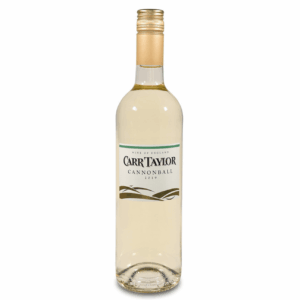
Carr Taylor Cannonball 2019 (6 Bottles), Hastings, East Sussex, England
£89.00 by Wines by Cellars Read more -

Chiltern Valley Chilli Cat Cuvée 2023 (6 Bottles) Henley-On-Thames, Oxfordshire, England
£107.00 by Wines by Cellars Add to cart -
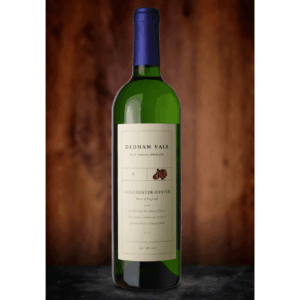
Dedham Vale Colchester Oyster White Blend 2019 (6 Bottles) Colchester, Essex, England
£115.00 by Wines by Cellars Add to cart -
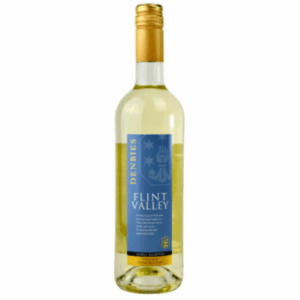
Denbies Flint Valley (6 Bottles) Dorking, Surrey, England
£59.00 by Wines by Cellars Add to cart -
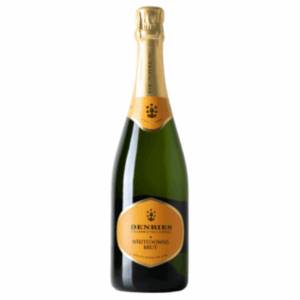
Denbies Whitedowns Sparkling NV (6 Bottles) Dorking, Surrey, England
£107.00 by Wines by Cellars Add to cart -

Frome Valley Paunton Medium Dry 2017 (6 Bottles) Bishops Frome, Herefordshire, England
£62.00 by Wines by Cellars Add to cart -
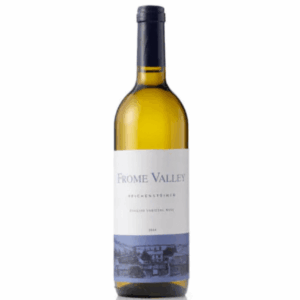
Frome Valley Reichensteiner 2019 (6 Bottles) Bishops Frome, Herefordshire, England
£85.00 by Wines by Cellars Add to cart -

Halfpenny Green Black Country Gold (6 Bottles) Bobbington, Staffordshire, England
£85.00 by Wines by Cellars Add to cart -
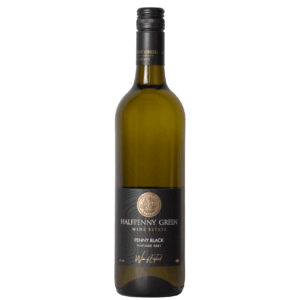
Halfpenny Green Penny Black (6 Bottles) Bobbington, Staffordshire, England
£85.00 by Wines by Cellars Add to cart -
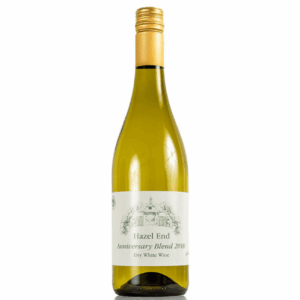
Hazel End Anniversary Blend 2018 (6 Bottles) Bishop’s Stortford, Hertfordshire, England
£63.00 by Wines by Cellars Add to cart -
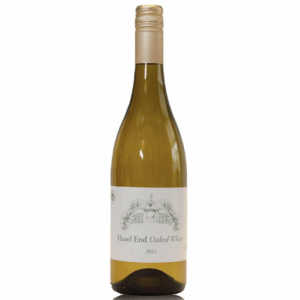
Hazel End Oaked 2022 (6 Bottles) Bishop’s Stortford, Hertfordshire, England
£84.00 by Wines by Cellars Add to cart -
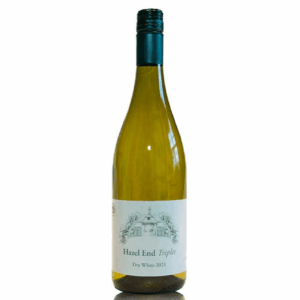
Hazel End Triplet 2021 (6 Bottles) Bishop’s Stortford, Hertfordshire, England
£78.00 by Wines by Cellars Add to cart -
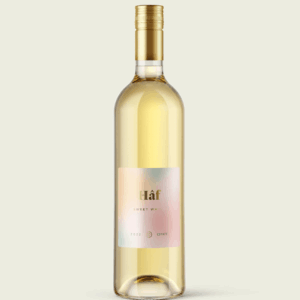
Llanerch Hâf Sweet White (6 Bottles) Pontyclun, Vale of Glamorgan, Wales
£120.00 by Wines by Cellars Add to cart -
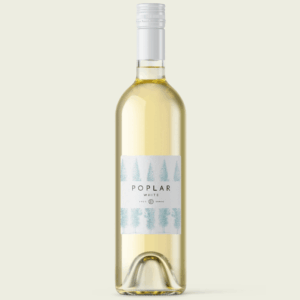
Llanerch Poplar (6 Bottles) Pontyclun, Vale of Glamorgan, Wales
£150.00 by Wines by Cellars Add to cart -
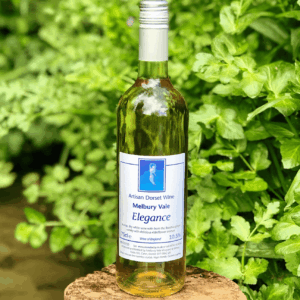
Melbury Vale Elegance (6 Bottles) Shaftesbury, Dorset, England
£81.00 by Wines by Cellars Add to cart

